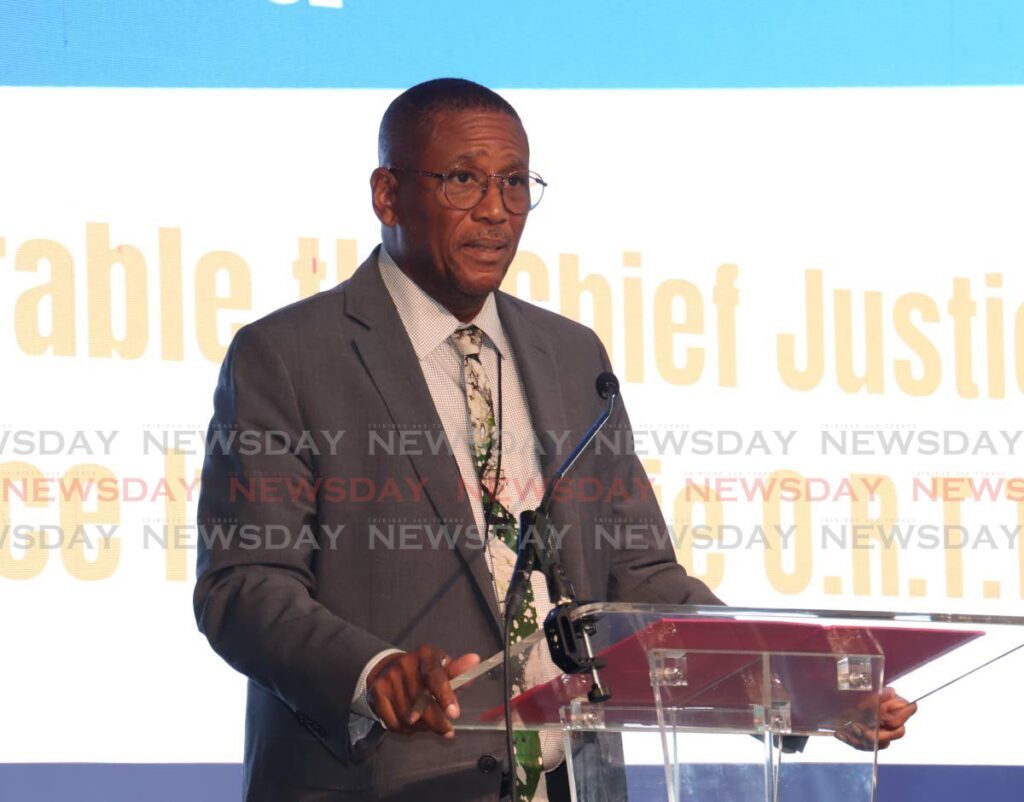Privy Council’s message

IVOR ARCHIE has reason to thank Marcia Ayers-Caesar.
While it is embarrassing that the Chief Justice has been found to have acted unlawfully in the case brought by her over her botched 2017 appointment as a judge, it is the judiciary that benefits the most from the Privy Council ruling of March 24.
For, if that ruling stands for anything, it is the paramount importance of judicial independence.
Ironically, Mr Archie, now facing calls for removal, may well be the greatest beneficiary of the law lords’ timely message.
To have been found guilty of acting in a manner that was “unlawful by reason of procedural unfairness” is, for a sitting chief justice, humiliating.
But that finding by the judicial committee cannot be divorced from the wider parameters of the case.
Disagreeing with the local Court of Appeal, London found the Archie-led JLSC was right to believe that the conduct of Ms Ayers-Caesar, involving a failure on her part to disclose accurately the extent of her part-heard matters as a magistrate and a refusal to defer her move to the bench, fell within the ambit of impeachment.
Further, the law lords were at pains to observe that while giving the judge the option to resign or face disciplinary action was outside the law, the JLSC “acted as it did out of an understandable desire to resolve the practical problem.”
This is an important consideration, even if the legal case did not turn on it.
Where the JLSC fell down was in failing – after interviewing Ms Ayers-Caesar, telephoning her about her pending cases, requesting a written list, asking her if she needed a deferral prior to going to President’s House, asking her again about her list on April 20, 2017, meeting with her on April 25 and again on April 26, 2017 – to give her one last airing.
Fairness, that bedrock principle, dictated she get another chance to explain.
It is understandable why Mr Archie may not have jumped at the chance to facilitate this given the public uproar at the time and the fact that so much of what had already been communicated turned out to be factually unsound.
Yet, this step was essential, according to the law lords, since at the heart of this case was a need to conform strictly to procedure.
That included the section 137 procedure set out in our Constitution for the removal of a judge or, indeed, a chief justice.
Mr Archie may quit office if he wishes.
But judicial independence means if the CJ does not – and we do not feel the high threshold of misconduct or inability envisioned by section 137 is here met – he cannot be pressured, as Ms Ayers-Caesar unlawfully was, to resign.

Comments
"Privy Council’s message"